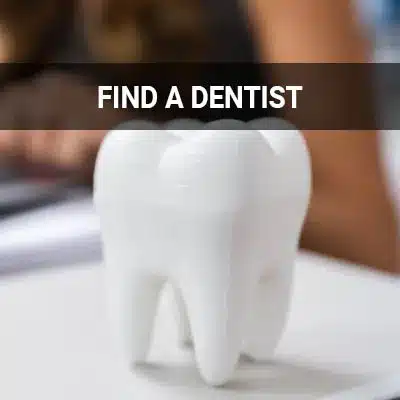
Dental Procedures, Glendale AZ
For many patients, dental procedures may help restore their quality of life. Issues with teeth and gums usually do not get better over time. Dental procedures are necessary to maintain your overall health.
Dental procedures are available at Singh Smile Care - Dentist Glendale, AZ and the surrounding area. Going without proper dental treatment may severely hamper your quality of life. Call us today at (623) 400-6009 to learn more and schedule an appointment.

Who Needs Treatment
Patients may require various dental procedures … if they are dealing with tooth decay, tooth damage, or gum disease.
Tooth Fillings
… dentists may also utilize fillings to repair teeth that are cracked, broken, or otherwise damaged.
Dental Crowns & Root Canal Treatments
Dental crowns, also known as "caps," are meant to protect and repair damaged or weak teeth. They may consist of different materials, such as metal or porcelain. They may enhance or restore a tooth's shape, size, strength, and appearance. Dental crowns may also help hold damaged teeth together and support teeth with large fillings where there is little remaining natural tooth left. Dentists may employ dental crowns to keep bridges in place, disguise misshapen or discolored teeth, or cover dental implants. Getting a dental crown requires at least two separate office visits, as the dentist will need to take X-rays, impressions, or scans to ensure the patient will have the correct fit.
Patients may need root canal treatment if the pulp of their teeth is inflamed or infected. This could be due to deep decay, excessive dental procedures, faulty crowns, or a crack or chip in the tooth. It is even possible for a tooth to have undergone trauma without any visible chips or cracks. Root canal treatment involves removing the inflamed or infected pulp, cleaning and disinfecting the inside of the tooth, and filling and sealing the remaining space. The dentist will then restore the tooth with either a crown or filling for protection. This will allow it to function like a natural tooth.
Dental crowns, also known as “caps,” are meant to protect and repair damaged or weak teeth.
Tooth Replacement & Root Scaling and Planing
Replacing missing teeth is more than just an aesthetic matter. Over time, gaps in between teeth may negatively impact a patient's speech, eating, bite, and facial appearance. From trauma, decay, or genetic conditions, there are many different reasons a patient may be missing a tooth. Fortunately, effective replacement options are available. Some of the most common include dental implants, fixed dental bridges, and removable partial dentures. Our team works closely with our patients to determine which tooth replacement option is best for them.
Untreated gum disease often precipitates tooth loss. When it comes to treating this condition, early detection is key. As long as the disease has not yet reached the structures below the gum line, a root scaling and planing (also known as a deep tooth cleaning) may be able to reverse its effects. The procedure consists of the dentist removing all the plaque and tartar both above and below the gum line, then smoothing out the patient's teeth roots to assist the gums in reattaching to the teeth.
Over time, gaps in between teeth may negatively impact a patient’s speech, eating, bite, and facial appearance.
Questions Answered on This Page
Q. Q. Why do I need routine dental treatment?
Q. Why might I need a dental crown?
Q. What tooth replacements options are available?
Q. What are some of the reasons one might need a tooth extraction?
People Also Ask
Tooth Extractions
Though wisdom tooth extractions are the most common, there are several other reasons patients may need to remove their teeth. These include but are not limited to crowding, excessive tooth decay, and tooth infection. While removing visible teeth is relatively simple, removing teeth that are below the surface, broken, or impacted may require a more involved procedure. In a simple extraction, the patient will receive a local anesthetic to numb the area while the dentist loosens and removes the tooth. In a more involved extraction, the patient may receive both local and intravenous (IV) anesthesia to render them unconscious throughout the procedure.
Though wisdom tooth extractions are the most common, there are several other reasons patients may need to remove their teeth.
Frequently Asked Questions
Quality Dental Services Can Transform Your Smile
Dental Terminology
Preventive Dentistry
Preventive dentistry is the dentistry that focuses on maintaining oral health in order to prevent the spread of plaque, the formation of tartar and infections in the mouth.








